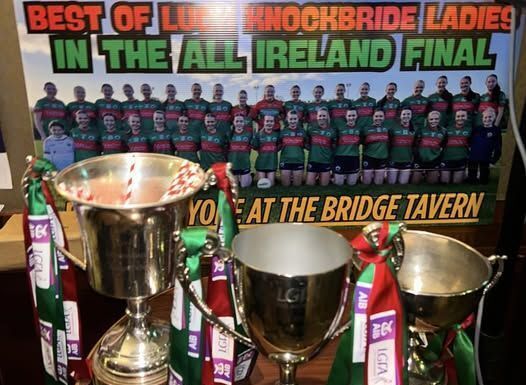The recent judgment handed down by the First Circuit Court of Appeal concerning the Boston College/PSNI subpoenas demonstrates that this case is now beginning to impact in a very serious and negative way on American rights as well as having numerous potentially disastrous consequences in Ireland.
The comments by Puerto Rican judge, Juan Torruella, in the judgment illustrate this well.
The alleged offences at the center of the subpoenas were undoubtedly political in nature, he concluded, deriving as they did from the partition of Ireland and the recent Troubles in Northern Ireland. The U.S. government could stop the subpoenas on that basis but not myself and Anthony McIntyre, the plaintiffs in this case.
Why not? Well, according to Torruella, the treaty with Britain which made the subpoenas possible "prohibits private parties from enforcing any rights thereunder".
Put another way, U.S. citizens facing subpoenas from foreign governments have fewer rights and constitutional protections than if the subpoenas had originated from their own government. It means that the following nineteen countries with which the U.S. has signed similar treaties have more power over Americans than does Washington: Argentina, Bahamas, Canada, Hungary, Italy, Jamaica, South Korea, Mexico, Morocco, Netherlands, Panama, Philippines, Spain, Switzerland, Thailand, Turkey, United Kingdom (Cayman Islands), United Kingdom and Uruguay.
How outrageous is that?
As if that was not bad enough, the First Circuit's decision is a milestone along the road to the death of research, both academic and journalistic in the United States. This is what it had to say when rejecting the right to confidentiality: "The choice to investigate criminal activity belongs to the government and is not subject to veto by academic researchers."
Interpreted literally, it means that colleges - and journalists who are also affected by this judgment should steer clear of investigations into anything that remotely smacks of criminality for fear that they cannot offer sources confidentiality, or if they do that the assurances will be rendered meaningless by the courts.
This is a charter for silencing academics and journalists on a range of issues of vital importance to society. Sources reveal what they know, and society benefits when they do, only because they are offered confidentiality. Without that guarantee, such sources will keep their own counsel. This is what a "chilling effect" really means.
According to this judgment, academics and journalists should stay away from the Banking Scandal of 2008, for instance, on the grounds that they could not offer confidential sources inside, say, Goldman Sachs, the appropriate protection; or they should never have investigated allegations of pederasty at Penn State because they could not assure sources there full confidentiality. In both cases, according to the First Circuit, investigating these matters was the sole prerogative of the government.
The logic of this judgment is that academics and journalists should leave these matters to the government and its agencies. What then is the function of college research departments, or newspapers? According to the First Circuit - and the Boston Globe, which to its shame endorsed the judgment - it is to investigate only those matters in which the government has no potential judicial interest. How outrageous is that?
The case at the heart of this judgment, the disappearance of Jean McConville in 1972, is an example of how flawed this thinking is. Between 1972 and 1995 the police authorities in Northern Ireland ignored her disappearance. They didn't even classify her death as a murder until 1995, and did so only due to great external pressure brought about in the wake of the first IRA ceasefire.
Even then they did next to nothing to investigate what happened to her. Journalists did more to research the real story of her death than the police in Northern Ireland ever did, and that research would not have been possible without guarantees of confidentiality given to sources.
Had they heeded the warning issued by the First Circuit, and endorsed by the Boston Globe, the McConville family would never have learned anything, and would never learn anything about their mother's death.
In short, this judgment turns academics and journalists into surrogate policemen and renders college research departments and media outlets into investigative eunuchs.
Every time an academic switches on a tape recorder, or a journalist opens a notebook, they will in fact really be gathering evidence for the police, not for their colleges or newspapers.
Faced with that choice most will switch off their recorders and close their notebooks and society will be all the poorer as a result. How outrageous is that?
Ed Moloney is a New-York based journalist, author and a primary compiler of the Boston College Belfast Archive.








